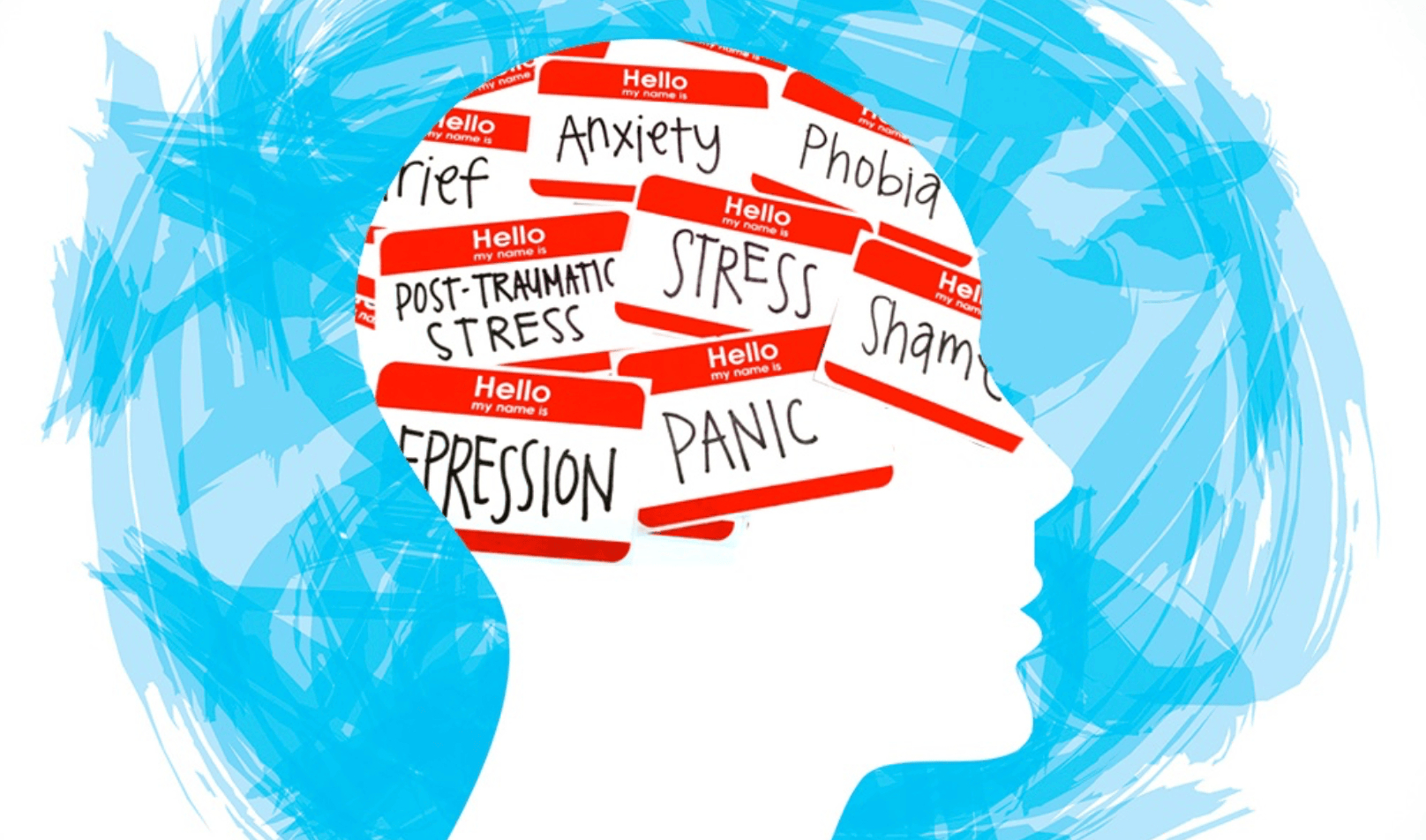Inpatient Mental Health And Wellness Providers: A Path to Healing and Stability
Inpatient mental health services play an essential role in addressing acute mental dilemmas, offering a carefully structured setting that fosters healing and security. The complexities of the admission procedure and the significance of aftercare raising critical questions about ease of access and effectiveness in the more comprehensive context of mental wellness care.
Comprehending Inpatient Mental Health And Wellness Solutions
Inpatient mental health services are essential for offering organized and extensive treatment to people experiencing serious mental distress or mental disorder. These services usually involve the admission of individuals to specialized facilities where they obtain round-the-clock supervision and support from a multidisciplinary group of psychological health professionals. The key goal of inpatient care is to support clients, guaranteeing their safety and addressing intense signs that might position a threat to themselves or others.
Inpatient programs typically include a series of healing interventions, consisting of specific and team treatment, medicine management, and psychoeducation. The organized atmosphere is developed to advertise healing by using a consistent regimen, reducing external stress factors, and helping with the development of coping approaches.
When outpatient treatment options have shown inadequate or when a client is in dilemma,Admission to inpatient services is generally thought about. Facilities might differ in terms of their certain focus, with some concentrating on certain conditions such as stress and anxiety, substance, or anxiety usage. Through comprehensive assessments and tailored therapy strategies, inpatient mental health services aim to provide the essential support for individuals to reclaim stability and plan for a shift to less extensive levels of care.
Benefits of Inpatient Treatment
The benefits of inpatient treatment are substantial, particularly for people encountering severe psychological health and wellness challenges. Inpatient treatment gives a structured environment that fosters recuperation by reducing stress factors and disturbances related to daily life. This regulated setting enables people to focus exclusively on their mental health, assisting in the essential time for healing.
In addition, inpatient care deals 24/7 access to clinical and therapeutic assistance. This continuous schedule makes sure that people can obtain prompt interest throughout crises, which is vital for those experiencing extreme episodes - mental health services. The joint approach amongst clinical personnel, including psychiatrists, nurses, and specialists, boosts the top quality of care and promotes a detailed therapy strategy tailored to private requirements
Additionally, the communal aspect of inpatient care promotes a feeling of belonging and assistance amongst individuals. Group treatment sessions and shared experiences can relieve sensations of seclusion, urging individuals to engage in their recuperation proactively.
Moreover, inpatient programs frequently offer people with vital coping techniques and abilities that can be testing to establish in outpatient setups. By addressing underlying issues within a helpful structure, inpatient treatment can result in much more secure results and a smoother change back to day-to-day life, eventually paving the course to sustained recuperation.
Treatment Approaches and Therapies
Various treatment strategies and therapies are employed in inpatient mental health solutions to attend to the one-of-a-kind demands of each client. These methods are developed to promote recovery and promote emotional stability in a structured atmosphere.

Cognitive Behavior Therapy (CBT) is a widely utilized strategy, aiding people in recognizing and modifying adverse thought patterns that add to their mental wellness issues - Inpatient Mental Health Facility. Dialectical Behavior Modification (DBT) is another efficient method, particularly for those with borderline inpatient mental health services personality disorder, concentrating on psychological policy and interpersonal performance
Pharmacotherapy plays a crucial role in therapy, with psychiatric drugs suggested to handle signs of conditions such as anxiousness, anxiety, and schizophrenia. Normal monitoring and adjustments ensure the performance of these medicines while reducing adverse effects.
Group therapy fosters a sense of community and support amongst patients, permitting them to share experiences and coping strategies. In addition, alternative treatments, such as art and songs therapy, advertise self-expression and emotional healing.
Inevitably, the combination of these diverse healing techniques provides an extensive treatment strategy customized to every patient's specific needs, aiming to boost their overall well-being and promote an effective change back right into everyday life.
The Admission Refine
Navigating the admission process for mental health and wellness services is a critical initial step towards recuperation. This procedure usually starts with an analysis performed by a mental health and wellness specialist. Throughout this assessment, the individual's psychological health history, signs, and instant needs are extensively analyzed. This thorough analysis assists determine the suitable degree of treatment and makes sure that the individual receives tailored treatment.
As soon as the assessment is finished, the following step includes reviewing the potential treatment options. The specific and the treatment team collaboratively pick the very best training course of activity, which might consist of inpatient treatment if the scenario is deemed severe. This is followed by the conclusion of essential paperwork, including insurance policy confirmation and permission kinds, to make sure that all lawful and economic aspects are attended to.
Furthermore, family members participation may be encouraged during this phase to offer support and collect point of views on the person's situation. Eventually, the admission process aims to develop a risk-free and encouraging setting for the individual, permitting for a smooth transition into inpatient care. By participating and comprehending in this process, individuals can take an essential step toward achieving mental health and wellness security and recovery.

Aftercare and Ongoing Assistance
After completing an inpatient mental wellness program, people frequently deal with the essential task of transitioning to aftercare and ongoing assistance, which are crucial for continual recovery. This stage is important for enhancing the skills and coping mechanisms learned during the inpatient remain, making certain that people proceed to progress in their psychological health journey.
Aftercare normally includes a combination of outpatient treatment sessions, support system, and medication administration. Participating in routine treatment permits people to resolve recurring obstacles and create approaches to cope with stressors in their every day lives. Support groups provide a sense of community and common experience, promoting connection and understanding among peers facing comparable battles.
In addition, continuous assistance may include family participation, where enjoyed ones are enlightened regarding mental health issues and urged to join the healing process. This holistic strategy develops a robust support network, boosting the individual's chances of lasting security.
Eventually, aftercare and ongoing assistance act as a bridge between inpatient therapy and independent living, empowering people to navigate their mental wellness difficulties with resilience and self-confidence. Prioritizing these sources is crucial for fostering a lasting recovery trajectory.
Verdict

Inpatient psychological health services play a crucial function in dealing with acute emotional crises, using a meticulously organized environment that fosters healing and stability.Inpatient mental wellness services are necessary for offering organized and extensive care to people experiencing extreme psychological distress or psychological health problem. Via extensive evaluations and customized therapy plans, inpatient mental health solutions intend to give the necessary support for individuals to reclaim security and prepare for a transition to less extensive degrees of treatment.
